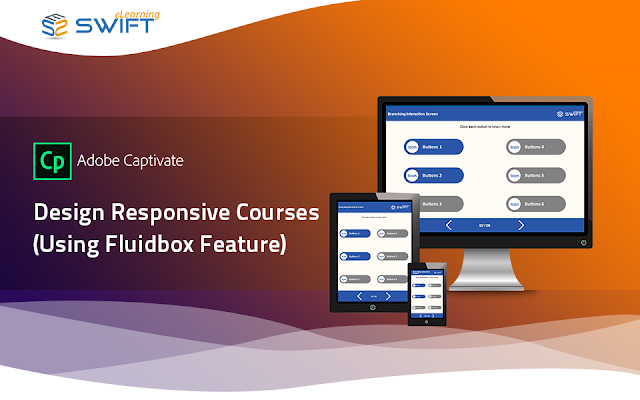Getting productive online training during #covid-19 lockdown is a great opportunity to boost career, learning skills, and understand the value of e-learning. As learning and development (L&D) professionals, you want to create courses that inspire learners, change their mindsets and drive performance. In short, you want to create courses that are effective and hit the mark every time.
Now here’s the challenge. Your learners are adults with previous knowledge and fixed ideas and, they want learning experiences that help them to meet their needs and achieve their goals. To deliver such learning, either through a dedicated eLearning course or a more general organizational training program, adult learning principles (Andragogy) should be utilized to enhance their learning needs.
Basically, learning is a process that has its own distinct philosophies. But, when we talk about e-learning, the words “Andragogy” and “Pedagogy” are often used to create engaging and motivational learning as per their needs. Both of Greek origin, Andragogy literally translates to “Andras” (man) and “ago” (guide). On the other hand, “Pedagogy” means “Paidi” (child) and “ago” (guide). In simple terms, Andragogy is adult-focused learning, while pedagogy is child-focused learning.
Designing e-learning courses for adults requires a sound understanding of why and how adults learn. By understanding and applying Adult Learning Principles, Instructional Designers can create the right engagement quotient in e-learning courses.














